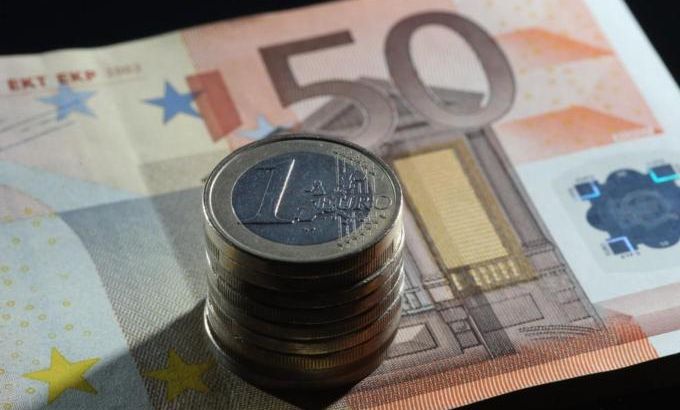Europe’s leaders to tackle growth at summit
Brussels meeting expected to tread fine line between ways to promote growth and sticking to balancing of budgets.

The leaders of the 27 countries that make up the European Union are to meet in Brussels to try and find a way to keep the debt crisis in Europe from spiraling out of control and promote jobs and growth.
Leaders at Wednesday’s summit, like the heads of the world’s leading economies at the G8 meeting at Camp David in the US last weekend, are expected to tread a fine line between talking about ways to promote growth and sticking to commitments to balancing budgets.
Keep reading
list of 4 itemsBoeing hit with 32 whistleblower claims, as dead worker’s case reviewed
US imposes new sanctions on Iran after attack on Israel
A flash flood and a quiet sale highlight India’s Sikkim’s hydro problems
Against deepening worries over Spanish bank finances and concerns that other debt-laden countries would tumble should Greece break away, new French President Francois Hollande, a socialist, and German Chancellor Angela Merkel will discuss so-called eurobonds under moves to re-balance austerity with measures to kickstart growth.
The Organization for Economic Co-operation and Development (OECD) on Tuesday warned that the countries that use the euro risk falling into a “severe recession.”
It called on governments and Europe’s central bank to act quickly to keep the slowdown from dragging down the global economy.
The former French finance minister currently at the head of the International Monetary Fund, Christine Lagarde, added to OECD pressure by saying that “more needs to be done, particularly by way of fiscal liability sharing”.
The eurozone will see its economies shrink by 0.1 per cent, before rebounding to 0.9 per cent next year, the Paris-based organisation said in its latest report.
Pier Carlo Padoan, the OECD chief economist, said “the crisis in the euro area has become more serious recently, and it remains the most important source of risk to the global economy”.
Padoan told Al Jazeera: “There is a risk of serious recession which could be sparked off by events like Greece, if that happens it could affect the global economy”.
Soaring tensions
Growth across the organisation’s 34 members, generally the wealthiest in the world, would ease this year to 1.6 per cent from 1.8 per cent in 2011 and then reach 2.2 per cent in 2013, the report said.
|
“There is a risk of serious recession which could be sparked off by events like Greece, if that happens it could affect the global economy.” – Pier Carlo Padoan, OECD |
The OECD revised its forecast for US economic growth this year to 2.4 per cent from 2.0 per cent, and sees 2.6 per cent growth in 2013.
It forecast eurozone unemployment to rise to 10.8 per cent this year and 11.1 per cent next year.
Recession, “rising unemployment and social pain may spark political contagion and adverse market reaction” with countries outside the eurozone also at risk of being hit, he said.
While the eurozone gained some breathing space at the beginning of the year from the European Central Bank pumping over a trillion euros into banks, tensions have soared in recent weeks after inconclusive elections raised the spectre of a Greek exit from the euro.
“The risk is increasing of a vicious circle, involving high and rising sovereign indebtedness, weak banking systems, excessive fiscal consolidation and lower growth,” OECD’s Padoan said.
|
What happens if Greece leaves the euro? |
This comes as EU leaders meet in Brussels on Wednesday to contemplate measures to boost growth.
It called for further monetary easing in the eurozone and said that the central bank may need to intervene again to stabilise banks and government bond markets.
Padoan also noted the backlash against austerity measures across Europe, which has seen street protests and led to the election of Francois Hollande.
In elections earlier this month, the majority of Greeks voted against those parties backing the drastic austerity measures that had been agreed with the EU.
“Elections in a number of euro-area countries have signalled that reform fatigue is increasing and tolerance for fiscal adjustment may be reaching a limit,” he said.
The OECD is an organisation that consists of 34 countries, including the US and Western European nations.
But emerging economies such as China and Brazil are set for a cyclical upswing, the OECD said in its latest twice-yearly Economic Outlook report.